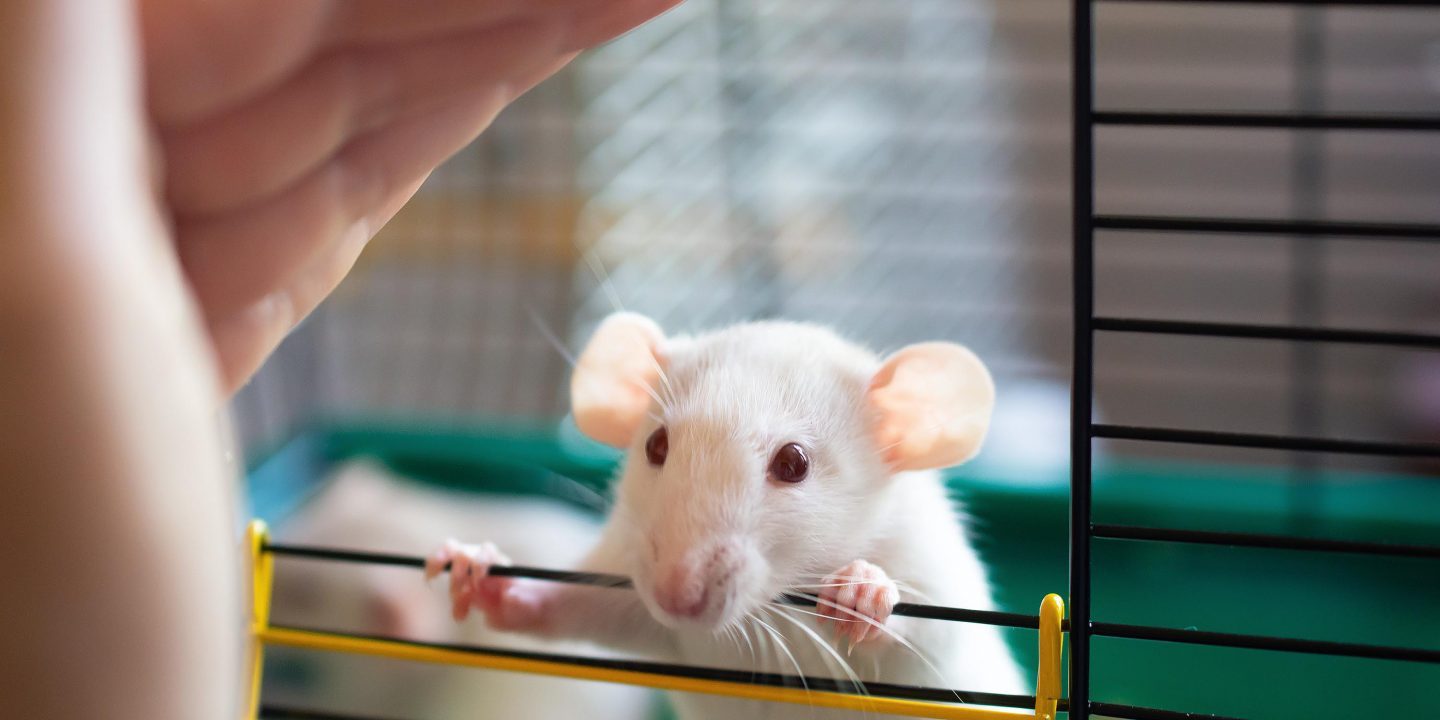They do not promise eternal youth. But if it were up to Professor Haim Cohen and his team at Bar Ilan University, people’s life expectancy could rise dramatically in the near future, by a whopping 23 percent.
In a series of experiments on more than 250 mice, molecular biologists were able to beat the aging process. They succeeded because they were able to stimulate the production of the appropriate protein, known as Sirtuin 6 or SIRT6. This usually decreases over the course of a lifetime, which is why not only young rodents have a hard time getting energy from fat and lactic acid in order to stay fit.
SIRT6-Level On the other hand, lab mice in Israel were kept awake because the level of SIRT6 could be kept artificially stable. They also tend to have fewer diseases, such as cancer, and have lower cholesterol levels. But can what works for animals also apply to humans? “The increase in life expectancy is really big,” Cohen says happily.
“If you convey these values to people, it means that they will live approximately 120 years on average,” the expert says. “It seems that these changes that we saw in mice can also happen in us. That would be really very exciting.” The central role that SIRT6 plays in this context has long been known.
And in 2012, Cohen made headlines in the professional world because he was the first researcher to artificially raise the level of SIRT6 in animals. In that time, life expectancy has increased by about 15 percent. But there was a catch because it should only work with male mice. Females were not affected by this.
test series In Cohen’s new series of experiments, this time in collaboration with Professor Rafael de Capo of the National Institutes of Health, the most important authority for biomedical research in the United States, significant progress has now been made in both sexes: thanks to this protein stimulation method, male mice lived on average 30 percent longer, females at least 15 percent.
“Our results showed that SIRT6 controls the aging process,” Cohen explains. “And if you increase the activity of the protein, you can obviously slow down the pace.” At the same time, he warns against excessive euphoria. Because there are still ways and means to make all this possible for people. In mice, the SIRT6 level can be shifted to the turbinate level by genetic modification of the proteins. On the other hand, people need a special medicine for this.
And that’s exactly what his team is currently developing. He himself believes that the first successes can be reported within three years. “We are currently working on small molecules that can either increase the level of SIRT6 protein or increase the activity of existing amounts,” Cohen says. “In the future, this may help slow down aging a bit.”
the highest rate There is an enthusiastic debate about this in science. For example, researchers from Albert Einstein College of Medicine in New York emphasized in a 2016 study that people’s lifespan cannot be increased indefinitely. You’re talking about a maximum of 125, which can hardly be exceeded. The previous record holder – at least documented – is French Jeanne Calment. After all, she was 122 years old.
This is exactly what Cohen is asking. He believes that with the help of molecular biology and genetic engineering, there is more room for improvement. Above all, it is concerned with weakening or even suppressing diseases associated with aging. If he’s right, you’ll soon have to invent something other than “Massal Train – up to 120!” Maybe one day it’s not far away it will be 150 talk.

Communicator. Reader. Hipster-friendly introvert. General zombie specialist. Tv trailblazer

